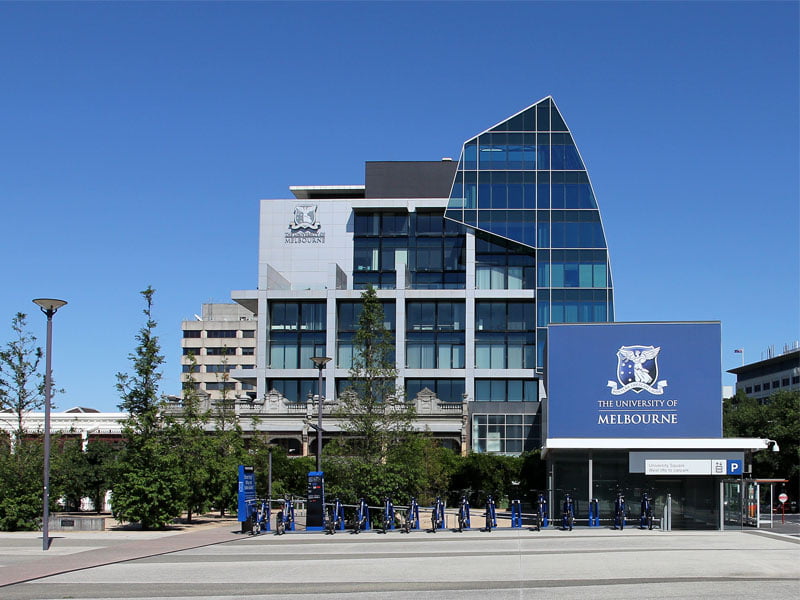I cannot escape a ringing truth running through my mind, the old adage “doing the same thing and expecting better results”.
Through all my years in the business world, across nations and over time, when performance goes contrary to plan, when things go wrong, the mantra has been paraded…apparently we simply need to communicate better.
I’m here to tell you things have changed. The good news – nobody is talking about our need to improve how we communicate. In the world we live in today, communication is hardly a problem. The new reality – everyone wants to collaborate, be collaborated with or to suggest everyone else needs to collaborate.

The new Prime Minister Malcolm Turnbull, however, has asserted not everyone is adopting the new mantra.
Professor Glyn Davis, Melbourne University’s vice-chancellor, said at a conference attended by Mr Turnbull, when referring to the issue of commercialising university research, the problem cannot be solved by changing incentives to universities.
The Professor further stirred the gall of the Prime Minister with the statement:
“The structure of our economy is the key issue here. We don’t have the large corporations that invest in R&D.”
Unfortunately for Professor Davis he was accused of being a “defeatist” and of “running against the vibe”. To question the mantra, the belief that the research community and industry needs to collaborate, is apparently a modern day heresy.
Well I guess I’m a heretic along with Professor – I’ve completed the reality check.
The challenge is to define what is meant by this amorphous term “industry”
In the medtech world all the multi-national corporations (MNC’s) are represented in Australia. However, most of these MNC’s are not engaged in research or new product development here in Australia. They are mainly sales and marketing subsidiaries focused on the ANZ markets.
The risk: all the researchers are going to excitedly run out to the playground and look around for their new playmates from industry but find the space largely empty.
At the risk of being labelled a “defeatist”, I have to say that Glyn Davis, I believe, is largely right.
Where’s my proof? Firstly, extensive involvement in and exposure to the medtech industry tells me it’s true.
Secondly, if “the industry” was hovering around waiting to collaborate they would all be at congresses such as AusMedtech and AusBiotech. With the exception of a few, COOK Medical and J&J in particular, the MNC is largely absent.
Henry Chesbrough pointed out as long ago as 2006, in his work Open Innovation, that major industry players tend to be focused on ideas developed internally and are even suspicious of products developed externally.
Furthermore, my observation over many years, if a researcher pitches an idea to an MNC, in general it needs to fit into one of a number of defined, distinct product spaces – the company is not generally interested in ideas lying between these distinct product spaces.
The result: when considering the few MNC’s with research and product development functions in Australia, the fact is they are open to a fairly restricted range of new ideas.
I want to be perfectly clear at this point. I am not against collaboration. I feel the words “industry” and “collaboration” are thrown around in abundance.
In the context of commercialisation in the medtech sector, and other sectors for that matter, these words have become almost fashionable, close to motherhood statements.
They actually need to have meaning, we need to know what action to take, what we need to do.
I actually believe collaboration is crucial but I’m very concerned as to whether a medtech commercial ecosystem of appropriate size and experience exists in Australia today.
There’s no quick fix. Leadership is paramount.
Don’t get me wrong, I want to see MNC’s continue to engage and I hope we will see an increase in interaction between research and MNC’s.
In addition we need to develop a commercialisation ecosystem outside of the established medtech companies – the beauty of this is the opportunity to create a network that is nimble, flexible and very focused.
The suggestions, and that’s all they are at this stage, within the recent “Boosting Entrepreneurship” report from the Office of the Chief Scientist is a good start. Creating a learning environment to develop entrepreneurial skills in STEM students is a terrific step forward but it is a long term solution.
Question remains – what do we do in the short term?
For the time being, we must face the simple truth: researchers totally outnumber “industry”. We need to be smarter than to simply replace the need to communicate with the need to collaborate in the belief the change of words will bring different and, more importantly, better results.
Philip Nowell is a globally experienced medical device executive, guest contributing to InnovationAus.com.
*Photo credit: Dondaltyong
Do you know more? Contact James Riley via Email.
